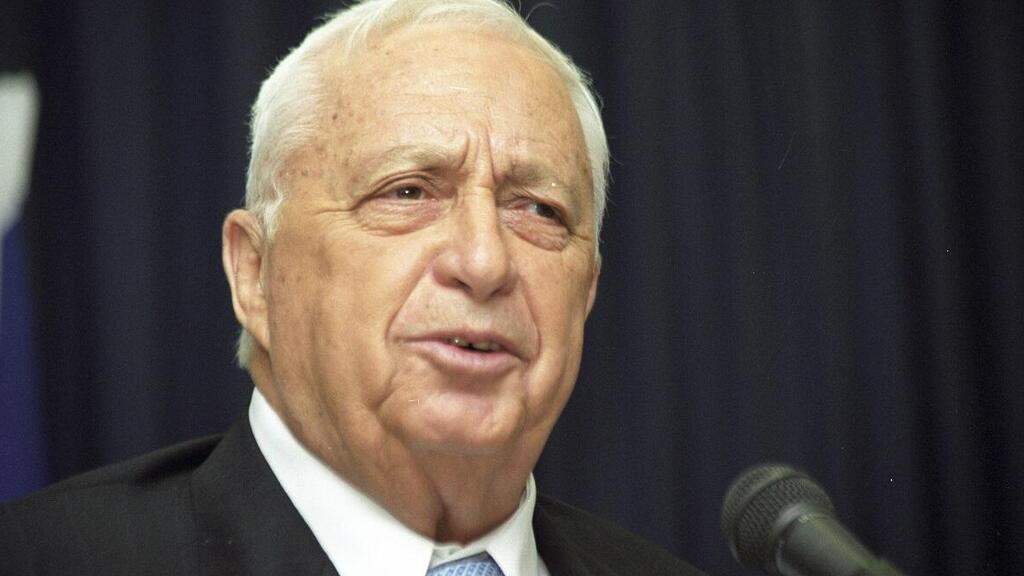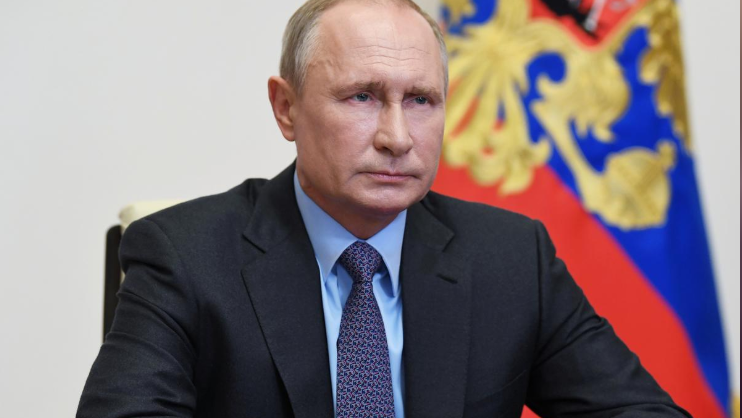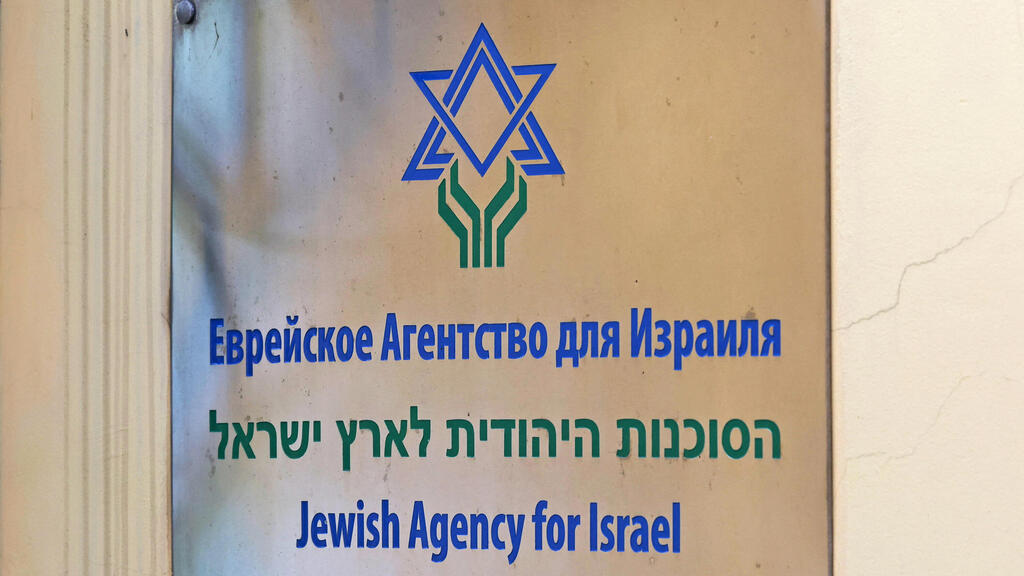In 2005, late Prime Minister Ariel Sharon instructed the National Security Council to advise him about ways for Israel to improve its relations with Russia. Sharon of course prioritized relations with the United States above all, but always looked for ways to benefit from having good diplomatic ties with the Kremlin.
Sharon's methodology was simple.
First, we would map out the top ten Israeli interests vis-à-vis Russia. For instance, Russian activity that aided Iran’s nuclear plan or weapons sales to Syria, and so forth.
In the second phase, we tried to evaluate the top ten interests Russia had vis-à-vis Israel, ranking them in the same way from one to ten. This step was more difficult since we had to switch to a “Russian state of mind”.
The outcome of the second phase was interesting, since we realized that Israeli and Russian interests were facing opposite directions: what Israel wanted most, Russia didn’t care for at all, and vice versa.
We identified the return of Sergei Courtyard – an old building in Jerusalem that was once owned by the Russian Orthodox Church – back to Russian ownership as Russian President Vladimir Putin's number one interest.
This issue seemed rather insignificant, but was very important for Putin since his status in Russia relied heavily on having good ties with the Orthodox Church. The church is still very influential in Russia, and - at least at the time - was a big supporter of Putin. Israel agreed to the deal, and in exchange received a great security-related pay off.
This story can teach us two lessons:
Firstly, most disagreements between states are usually over topics that are sacred to one side and trivial to the other, and negotiations can help each party attain what it wants, while making small compromises.
Secondly, the importance of a national interest is high enough that making a somewhat inconvenient compromise to achieve it, is worth it.
I believe the activity of the Jewish Agency in Russia is not a national interest. Unlike times past, communication with Jewish communities worldwide can be achieved through Israeli embassies. It was definitely a subject that should not have been discussed in a special government meeting, resulting in public, thinly-veiled threats against Russia being made.
The meeting was the opposite of what should have been done, because we are putting at risk much greater national interests, all over an issue that doesn't hold that much weight in the grand scheme of things.
“The Russian bear” is wounded after what looks like an unsuccessful war in Ukraine, and its reaction to what may look like a threat can be unpredictable.
Even if someone, unlike me, does consider the Jewish Agency in Russia to be a matter of national interest, then he or she should be willing to have discreet talks with Moscow ... and be ready to pay a price for it.




